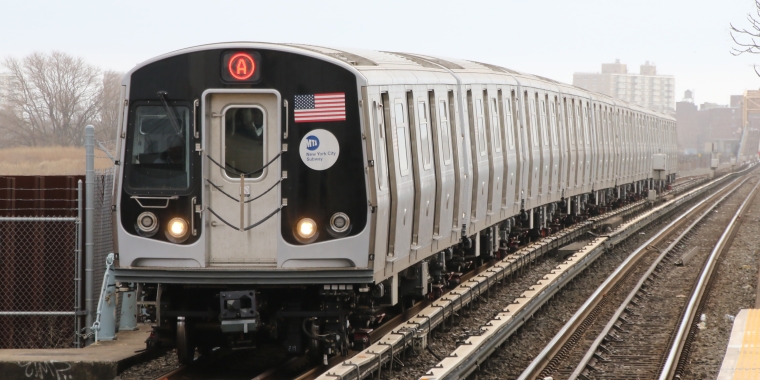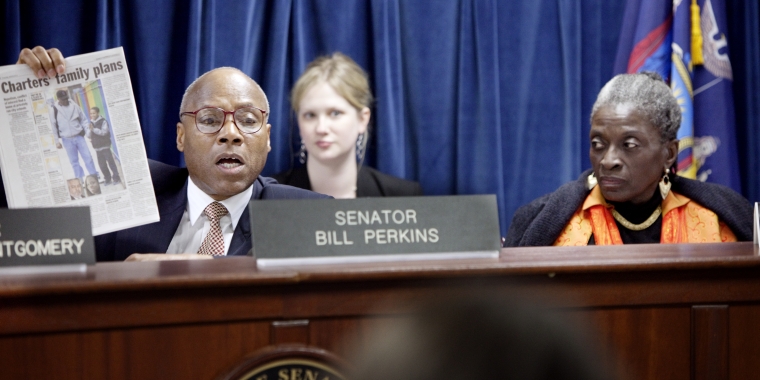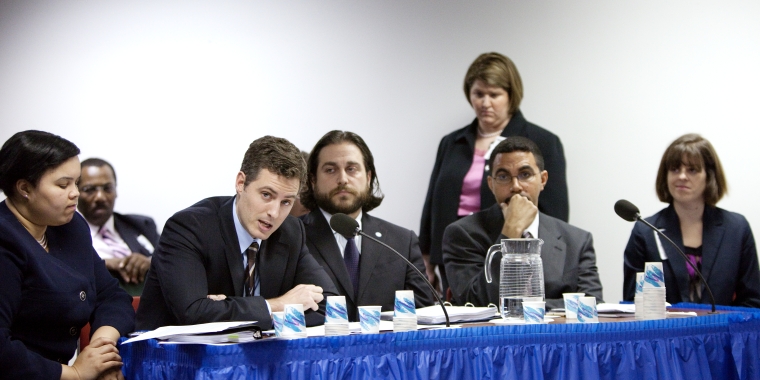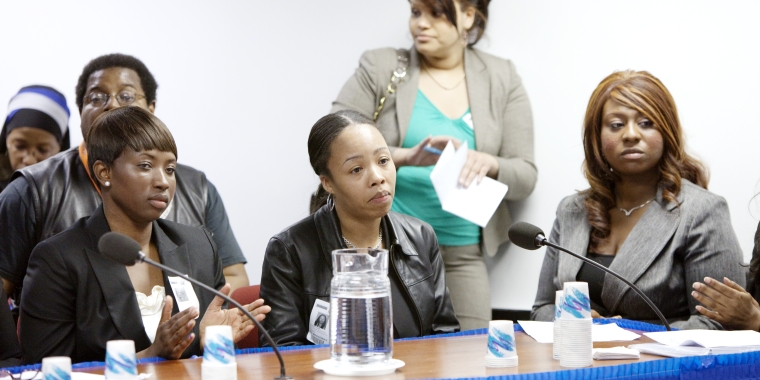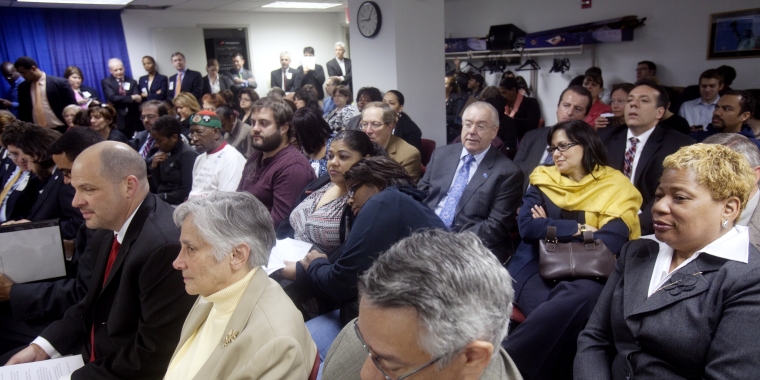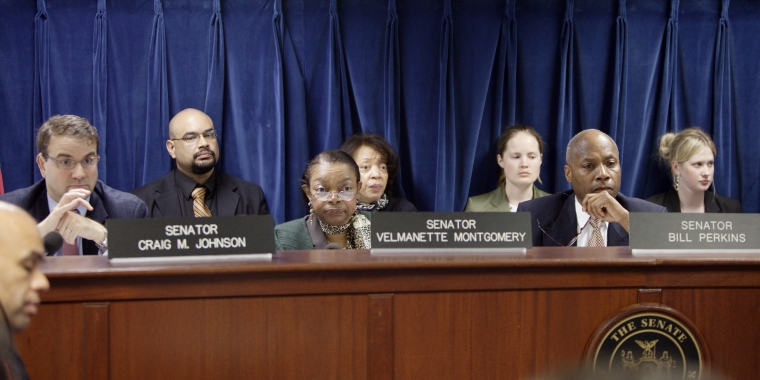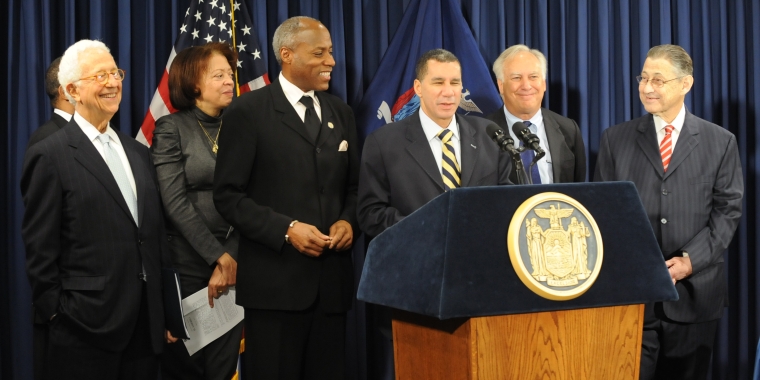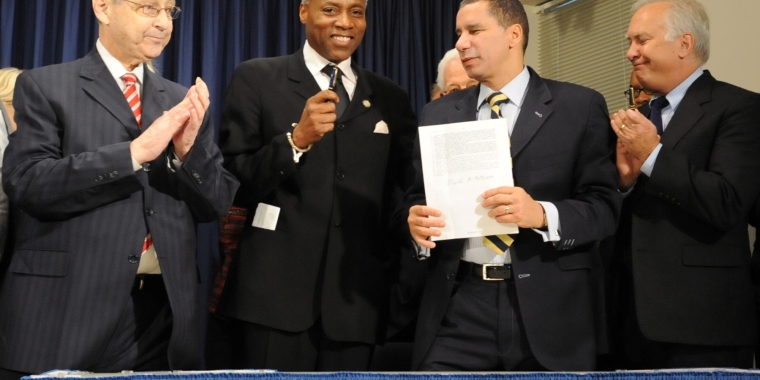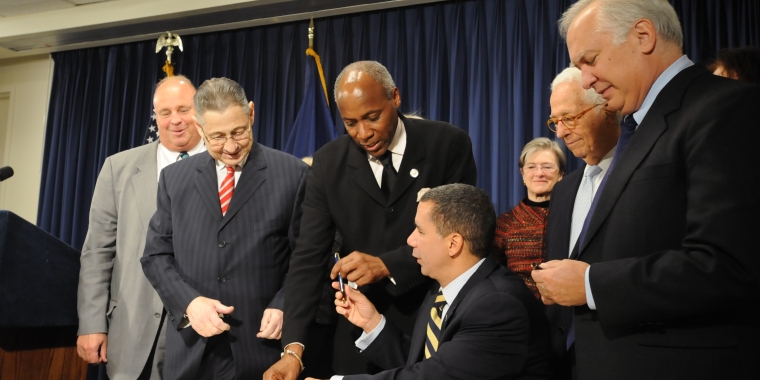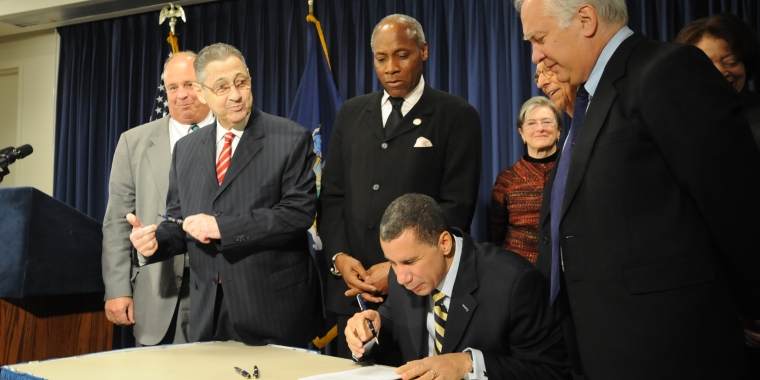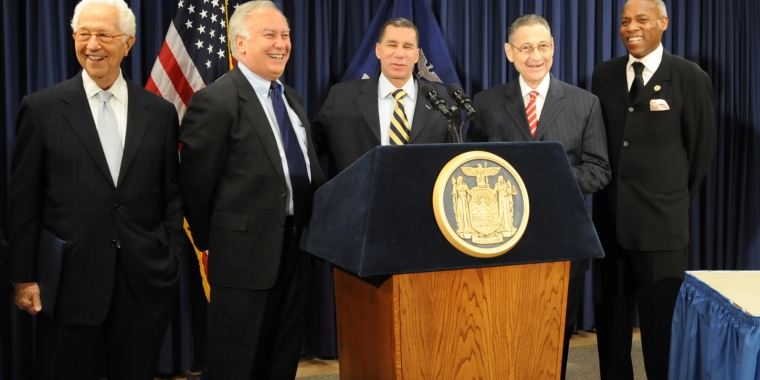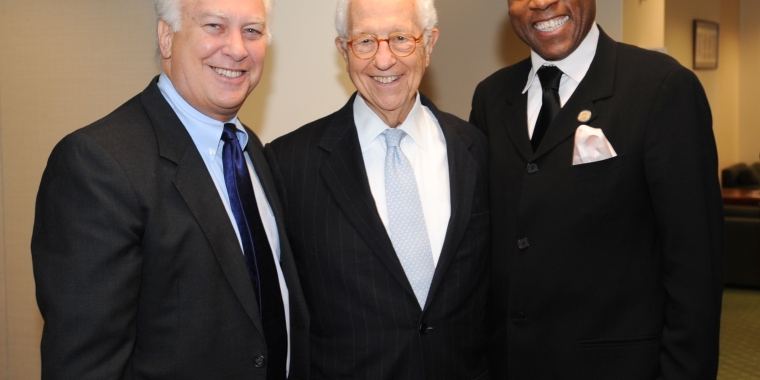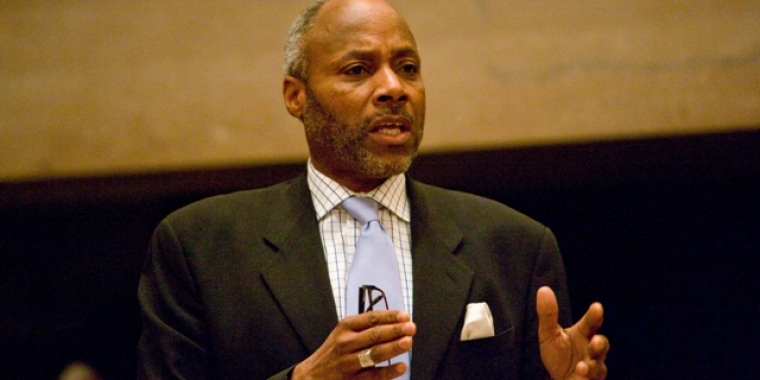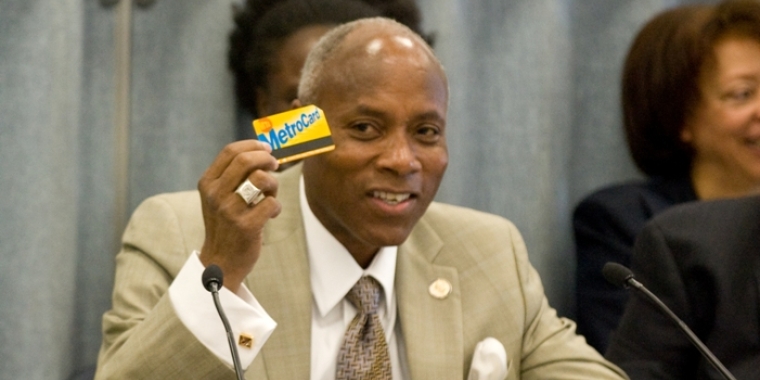29 Sep 2021
Joint Public Hearing: To review the finances and projections of the Metropolitan Transportation Authority (MTA) in the aftermath of COVID-19 and receipt of federal aid and to review the implementation of the Transformation Plan
Senate Hearing Room250 Broadway,, Room, 19th Floor, New York, NY, 10007
10:00 AM Archived Video
Senate Standing Committee on Corporations, Authorities and Commissions
Chair: Senator Leroy Comrie
and Senate Standing Committee on Transportation
Chair: Senator Timothy Kennedy.
Public Hearing: To review the finances and projections of the Metropolitan Transportation Authority (MTA) in the aftermath of COVID-19 and receipt of federal aid, to review the implementation of the Transformation Plan, and to seek updates on major capital projects
Place: Senate Hearing Room, 19th Floor, 250 Broadway, New York, NY 10007
Time: 10:00 A.M.
Contact: Mobeen Bhatti 518-455-2045
Media Contact: Molly Hirschbeck 716-826-2683
ORAL TESTIMONY BY INVITATION ONLY
Subject: Metropolitan Transportation Authority Finances and Organization
Purpose: To review the finances and projections of the Metropolitan Transportation Authority (MTA) in the aftermath of COVID-19 and receipt of federal aid, to review the implementation of the Transformation Plan, and to seek updates on major capital projects
The 2019 Adopted Budget authorized the Central Business District Tolling Program, required the MTA to implement a reorganization plan, undergo a forensic audit and operational review, establish a Major Construction Review Unit, and release its 20 Year Needs Assessment no less than a year before future capital programs. It has been over two years since the MTA has adopted its “Transformation Plan” with the goal of simplifying the complex organization at the Authority. This hearing will review the implementation and effectiveness of the Transformation Plan and any related measures adopted by the MTA to improve efficiency.
The MTA has received, or expects to receive over $14.8 billion in federal assistance since the start of the COVID-19 pandemic, with the potential of up to $10 billion more in funding through the federal infrastructure bill, should that become law. Additionally, in the past few years the Legislature has provided the MTA significant flexibility in structuring their finances, including through nearly doubling its bond cap for capital projects, allowing deficit bonding to cover operating expenses, and redirection of dedicated funds from capital to operating expenses. Major capital projects, however, continue to face delays and major cost overruns, customers continue to deal with reduced and interrupted services, and the MTA continues to contend with possible service cuts and fare increases in the future. This hearing will examine the current state of MTA finances and its ability to continue major capital projects and deliver uninterrupted and reliable service. This hearing will also seek an update on the 2015-2019 and 2020-2024 capital programs and on the implementation of the Central Business District Tolling Program.
In recent Executive Budgets, the MTA has sought significant expansions of authorization with respect to procurement, including elimination of its requirements to use sealed paper bidding, elimination of newspaper posting requirements, reducing the timeline between publication of a bid and opening it, expanding its ability to use contract piggybacking off existing contracts to include government agencies from across the country, shifting relocation costs for capital project work to public utilities, establishing a new property valuation model for property dispositions in New York City and permanently extending discretionary procurement authorizations that were increased in 2016 and 2019. This hearing will further examine these proposals and their potential impacts.
Additionally, this hearing will explore a range of subjects related to the current state of MTA’s finances, its ability to function as an efficient organization, its progress in recovering from the effects of COVID-19, and the progress of major capital projects. The hearing will also examine MTA’s ability to prepare the system for the future. Finally, the hearing will examine how the MTA has used the financial and legislative assistance provided over the last several years by governments at the federal, state, and local levels.
Persons invited to present pertinent testimony to the Committees at the above hearing should complete and return the enclosed reply form as soon as possible. It is important that the reply form be fully completed and returned so that persons may be notified of means by which to testify and/or in the event of emergency postponement or cancellation.
Oral testimony will be limited to 10 minutes’ duration and must be delivered in person. In preparing the order of witnesses, the Committee will attempt to accommodate individual requests to speak and to speak at particular times in view of special circumstances. These requests should be made on the attached reply form or communicated to Committee staff as early as possible.
Attendees and participants at any legislative public hearing should be aware that these proceedings are video recorded. Their likenesses may be included in any video coverage shown on television or the internet. In order to further publicize these hearings, please inform interested parties and organizations of the Committee’s interest in hearing testimony from all sources.
In order to meet the needs of those who may have a disability, the Legislature, in accordance with its policy of non-discrimination on the basis of disability, as well as the 1990 Americans with Disabilities Act (ADA), has made its facilities and services available to all individuals with disabilities. For individuals with disabilities, accommodations will be provided, upon reasonable request, to afford such individuals access and admission to the Senate’s facilities and activities.
